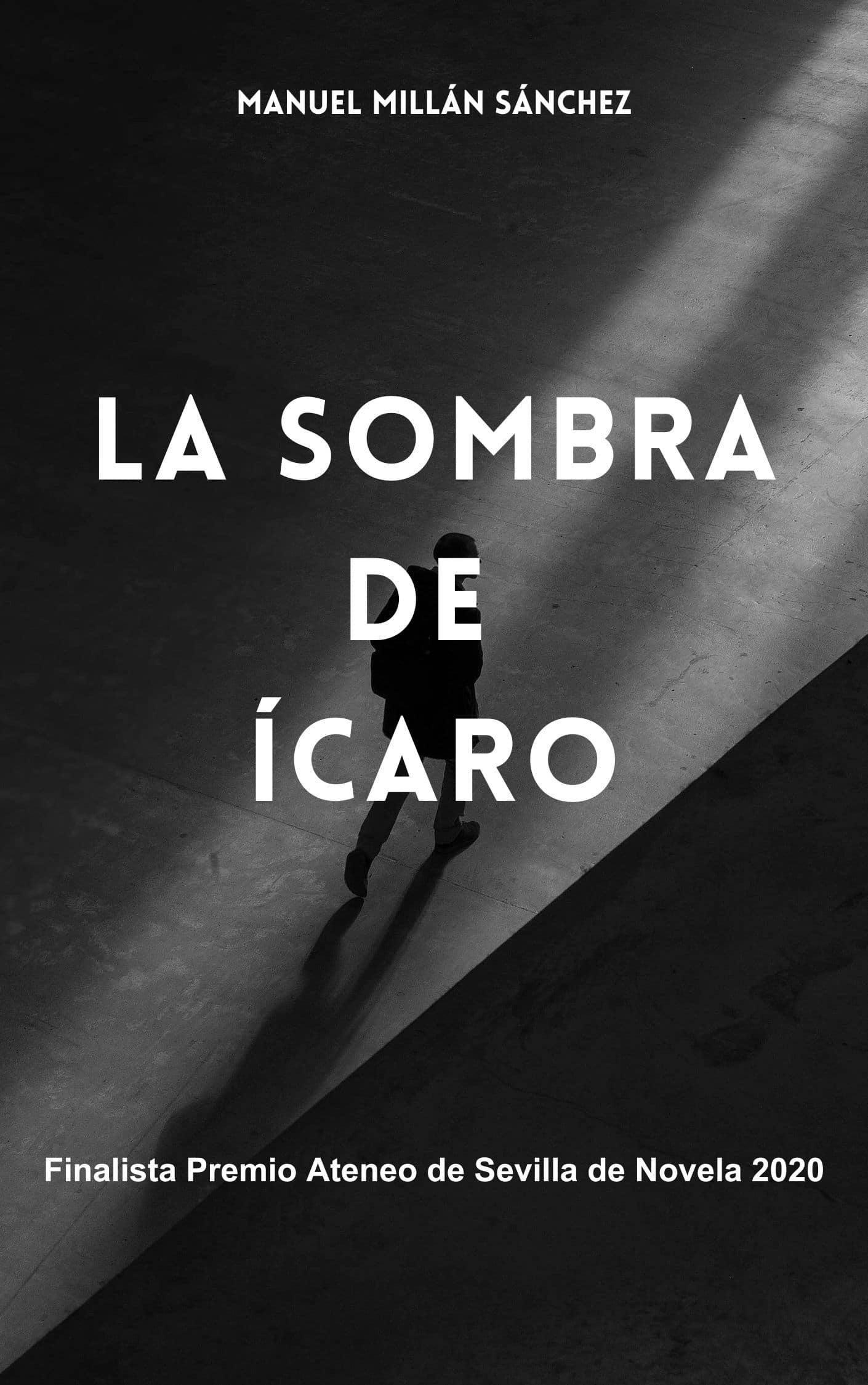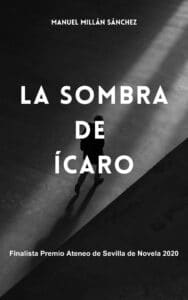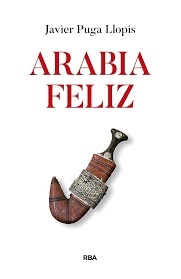
Review of the book “The Shadow of Ícarus”, by Manuel Millán Sánchez

Investigating our origins can be very interesting, but it can also reveal secrets from the past that, perhaps, it is better not to reveal too much. Sometimes it is better to live in ignorance, other times, however, it is worth looking back to understand ourselves and our present. This is precisely what happens to Ana, the protagonist of The shadow of Icarus, the novel that I review today. But first, let me tell you about its author.


Manuel Millán Sánchez, born in San Fernando (Cádiz), is an industrial engineer from the University of Seville. He also has a master’s degree in Energy Policy and Climate Change from Johns Hopkins University. Since 2007 he has lived outside of Spain, and since then he has lived on four different continents. He currently works at the World Bank and as a professor at Johns Hopkins University in Maryland (USA). In 2020 he was a finalist for the LII Ateneo de Sevilla Novel Prize with this novel and in 2022, with his second novel titled The city of illusionswas fourth finalist in the prestigious 2022 Planeta Prize.
As you can see, Manuel Millán Sánchez is an author with good skills and a literary quality that supports not only his curriculum, but, and what I personally value most, his narrative style, which has never ceased to surprise me from the first page.
With the introductions made, readers, allow me now to immerse you in the plot of this original thriller.
“The night they killed him, Mario was aware that his days were numbered.” With this forceful phrase he begins The shadow of Icarus. We are in Seville, on July 14, 1948. The day after the death of Mario, our protagonist, the press did not report the news. Not then nor ever. His family only received a cursory explanation: bad times.
In a time shift, the author takes us to Seville, this time to the year 2010. It is then when we meet Arturo, a recently divorced engineer who is going through a deep existential crisis that affects all aspects of his life. Everything, however, changes the night he meets Ana. From the first moment she is struck by the energy and vehemence with which she defends her ideas. A favor from her will change the course of her stagnant life: he needs her to help him clarify the story of her grandfather, a Sevillian engineer who, by chance, ended up working in Nazi Germany. Sixty years later, Ana needs to dig into her past to discover what was really behind the murder of her grandfather Mario de her and to know the reasons that led him so far from her family in a time of inhuman wars and petty ideals. Was her grandfather part of her Nazi regime? Ana needs Arturo to clear up this doubt that is bothering her and he, for her part, needs this adventure to forget her current situation. Together they will embark on a journey, both physical and spiritual, that will take them through Mario’s past and his motives and reasons.
Using the few clues that Ana has, and carrying out new investigations, they both begin to fit together the puzzles of Mario’s life.


Manuel thus takes us into a dizzying plot that moves between present and past, between Ana and Arturo’s investigations and Mario’s own diary recounting what happened in those turbulent years.
The shadow of Icarus It is surprising not only for its plot, but also for the fluidity of the development of its characters and, above all, for the descriptions of the events that frame the novel (Spanish Civil War, Second World War). A thriller that invites us to explore our own history while learning about Mario, a young man from Seville who did not hesitate to pursue his dreams and defend his ideals.
Source: https://www.librosyliteratura.es/la-sombra-de-icaro.html


